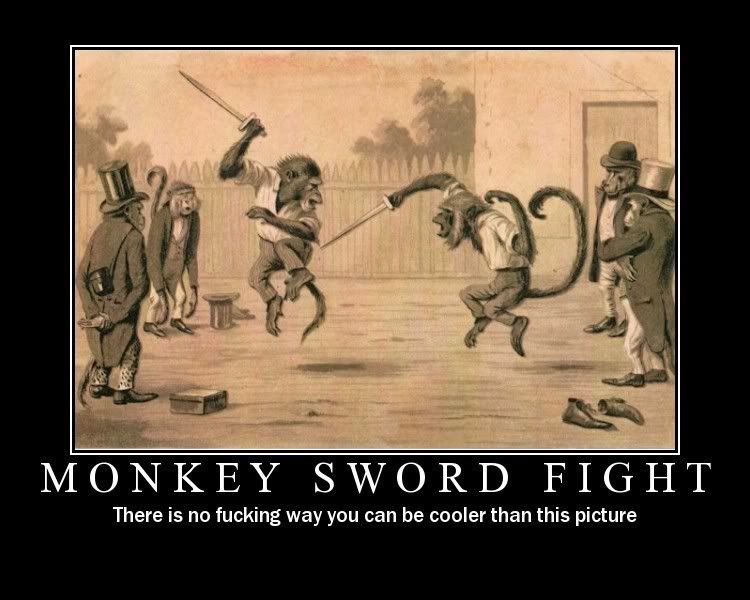A poet at heart, Amy rejected her life of consumption in her native Chicago to go back to nature—specifically, to a commune in Oregon, where she rediscovered herself.
"But though a hip college town, Eugene is still a city where buildings obscure land," Amy writes in "Siesta Lane: One Cabin, No Running Water, and a Year Living Green.
My soul pinches and pinches at me until I search the classifieds for a way to live more rural ...."
She loved it.
"I felt like stepping out of society and renewing my personal values," she said. "I wanted to live a more healthy lifestyle and create a life that was more grounded."
Amy didn't want to go all the way back to nature, though. She loves camping and
backpacking but is a social person who values a sense of community. She found that
on Siesta Lane and found while keeping a journal that she was able to develop her writing.
backpacking but is a social person who values a sense of community. She found that
on Siesta Lane and found while keeping a journal that she was able to develop her writing.
"Siesta Lane" includes poems, reflections, anecdotes about the year Amy spent in the cabins. She also cops occasionally to the pretentiousness of her mission, and laughs along with the reader at her attempts to be both environmentally-friendly and sane, considering the fact that she’s moved in with a bunch of strangers in a remote locale.
"It's really a call to live a simpler life," she said. "I wanted to see if I could pull it off. I didn't have any kids and I wasn't on some sort of career path -- I know not everyone can do that -- but it really worked for me."
One benefit of living at a slower pace in a rural setting is learning more about flora and fauna and the rhythms of nature. There are all kinds of birds and animals in the woods of western Lane County and Amy eventually has to face an ethical dilemma: What effect does an intelligent, aggressive cat have on the local bird population?
All good things must come to an end, and life in the cabin on Siesta Lane ended when
the property was sold. Amy fell in love and got married and became a poet and writer and teacher and mother. She lives most of the year in Multnomah Village, which she enjoys for its feeling of community within a city, and part of the year in Joseph, at the foot of the Wallowa Mountains.
the property was sold. Amy fell in love and got married and became a poet and writer and teacher and mother. She lives most of the year in Multnomah Village, which she enjoys for its feeling of community within a city, and part of the year in Joseph, at the foot of the Wallowa Mountains.
There are more writing projects planned, more worlds to discover, but only one Siesta
Lane.
Lane.
Jan Muir, a relative of the great environmentalist John Muir, lends her beautiful black-and-white illustrations to the book.
Siesta Lane is both a practical case study in living green, and the heartwarming story of a modern idealist who dives head-first into the fray and discovers just what it takes to live a year unplugged.
I'm honored to welcome Amy Minato to The Novel Road...
 |
| Amy Minato |
Me: I became quite attached to the tenor in your writing style. Did you love of poetry influence your writing voice? If so how?
Amy: Poetry is my religion. When I read it, the best verses resonate within me like a temple bell.
Any creative writing I do is poetry, even when it’s not. Even when it’s a letter or a story or an essay. I’ll dust and shine the language until it reflects back even if it takes ridiculous long. (This is obsessive and unlike the rest of my haphazard personality. We are talking about a woman who can’t bear to follow a recipe and who makes a bed in 5 seconds.)
Me: Is there a backstory for your Siesta lane?
Amy: The story of the story of Siesta Lane stems from an eight year old girl dwelling every spare minute in a gnarly willow in the Chicago suburbs who grew into a woman aching for the limbs of her first love.
Me: Talk about the process of writing Siesta Lane?
Me: Talk about the process of writing Siesta Lane?
Amy: My writing process is to stretch out on my bed with pillows everywhere, a cat purring on my back, clutching a bowl of snacks (snacks are key) in one hand and a pen in the other. Being supine tricks my subconscious into thinking I’m asleep, which coaxes it to wander the dark hallways of my mind until part of it stumbles out onto the paper. I do this for hours, not even getting up to stretch or answer the phone (woe to anyone who knocks on my door during the voodoo-writing time) and usually rushing late to pick up my kids with a weird glaze to my face, muttering nonsense
I wrote the book as a diary, a testimony, and as an investigation of this crazed urge to live near trees. Being awarded the apt-named Walden Residency in Ashland gave me the space to tinker with and shape Siesta Lane as a book. I scrutinized and murmured every word in Siesta Lane as I would a poem. It took a long time to write, longer to edit. It’s an expression of my soul finding home in an alien world. A book about pulling away from consumerism and chit-chat to live deep. Moving to Siesta Lane was a siesta – a contemplative rest in mid-life. I call it one woman’s search for Walden in the Pacific Northwest. A wealthy member of the literati shuddered after reading it, “It’s well-crafted, honey, but no one will read this. People just don’t want to wear secondhand clothes!” It’s different than other naturalist books in that I lived with nine other people! Quirky characters so fun to write about I’m trying fiction next.
Me: Tell us about your agent and why you two are a perfect match.
Amy: Janet Reid was my Glinda the good witch (as in Frank Baum’s version of the Wizard of Oz not as in Wicked). She believed in my book more than I did. She boomeranged it to publishers and never gave up. It took awhile for readers to be interested in voluntary simplicity. Now we all have involuntary simplicity because of the economy. Increasing awareness of global warming has folks accepting more lifestyle change. While the world caught up to us Janet stayed cheerful and optimistic. We’ve never even met but I worship her business card.
Me: You get to have lunch with any author you which, from throughout history or toady, and why?
 Amy: Let me sit at an Indian buffet with Loren Eiseley. Or maybe not. I may faint or fuddle. My feeling for him as a writer mirrors my daughter’s giddiness over her favorite rock stars. Something about his incisive science, haunting lyricism and intelligent melancholy ripples my waters. I’m burning up here. Pass the chutney.
Amy: Let me sit at an Indian buffet with Loren Eiseley. Or maybe not. I may faint or fuddle. My feeling for him as a writer mirrors my daughter’s giddiness over her favorite rock stars. Something about his incisive science, haunting lyricism and intelligent melancholy ripples my waters. I’m burning up here. Pass the chutney.Me: Like you, I come from a state that suffers from preconceived notions of what it’s like. Most people think of Oregon as rainy with lots of tree, yet the state boasts a considerable desert. How much has the total geography of Oregon comes into play in your writing?
Amy: Oregon is my other religion. This land, that roams from fertile wet to austere alpine, and I have a twenty-year marriage yet I still swoon over its landscape. My new novel is again about the pull of a place. But instead of the fertile Willamette Valley the new one perches on the oblique corner of Oregon where I live whenever I can. I exist in Portland where we have work and my kids have school, but I rush home to bask in the blue mountains every summer, drag back to Portland dreaming of my return to the hypnotic beauty of Wallowa lake. It’s a curse like impossible love.
 |
| timoconnorphoto.com |
Me: Can you tell us about your next novel? If so, when can your fans expect to it?
Amy: My new book, Green Gentian, centers on this desire for land that keeps and crushes us even while such desire keeps and crushes the land. Pearl, the central character, has been scraped and polished by her place. Zany based-on-true-but-toned-down-to-be-believable characters circulate the novel and bump each other like loose electrons. I hope to finish it by next spring, if it doesn’t finish me first.
Amy: I would tell a new writer to go toward mystery, to be draw into your life and puzzle it out in your work. You don’t have to change your external life like I did to examine your internal one, but you may need to look at it through a different perspective, clothed in fiction, plumped with philosophy or crocheted into poetry. If the idea of having the work you create published puts you into a cold sweat it might just have some truth in it.



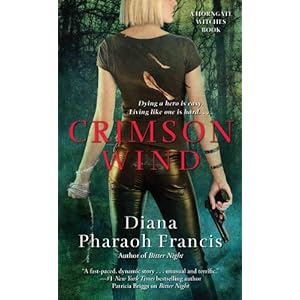
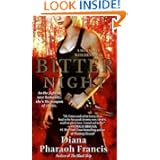




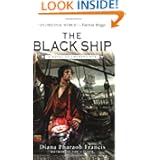

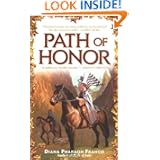



![The Secret Life of Walter Mitty [VHS]](http://ecx.images-amazon.com/images/I/51GH154KFXL._SL500_AA300_.jpg)




